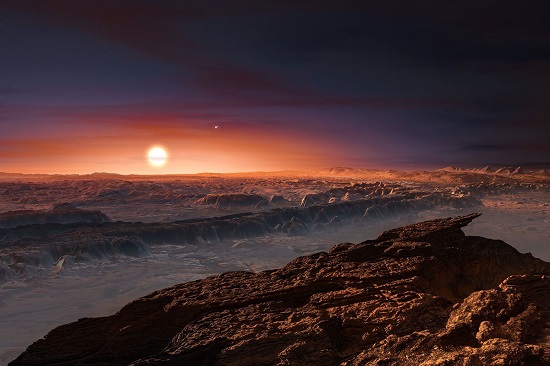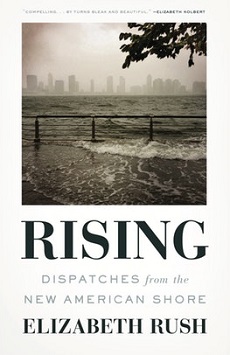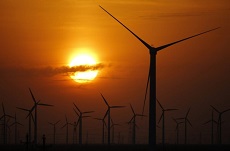 First up there are all kinds of figures going around. The big one – $9 billion dollars – is over 10 years. So the annual figure of less than a billion is a mere rounding error in a Commonwealth budget of around half a trillion. Nevertheless all dollars are accounted for, so Annastacia Palaszczuk is right to ask where the money is coming from. Continue reading The great GST fix
First up there are all kinds of figures going around. The big one – $9 billion dollars – is over 10 years. So the annual figure of less than a billion is a mere rounding error in a Commonwealth budget of around half a trillion. Nevertheless all dollars are accounted for, so Annastacia Palaszczuk is right to ask where the money is coming from. Continue reading The great GST fix
Monthly Archives: July 2018
Saturday salon 7/7
1. How realistic is space travel?

As reported in the New Scientist, Frédéric Marin, an astronomer at the University of Strasbourg, France and Camille Beluffi, a physicist who works for Casc4de, a data firm in Strasbourg, have done a thought experiment on the feasibility of reaching the nearest Earth-like planet, which happens to be Proxima b, around 4.25 million light years away, a mere 40 trillion km. Continue reading Saturday salon 7/7
‘Coalsheviks’ want to head renewable energy off at the pass
On Wednesday morning Ben Potter’s article in the AFR Coalition fiddles as renewables remake grid told business leaders and politicians what is actually happening before their eyes.
Over at the Oz the headline was:
Abbott call: Pull out of Paris deal
and
- NATS DEMAND THREE COAL POWER STATIONS
So, what is going on? We’ll look at the Nats first, then Abbott, and finally, the real world. Things are coming to a crunch point which will determine how Malcolm Turnbull’s stewardship is seen by future generations. Continue reading ‘Coalsheviks’ want to head renewable energy off at the pass
Is the ‘kill Bill’ strategy working?
 Last September I charactarised the politics we were getting from the major parties as Kill Bill or any distraction vs a fair go. The scribes in the Oz commenting on the latest Newspoll see Turnbull’s star rising, and the banner headline
Last September I charactarised the politics we were getting from the major parties as Kill Bill or any distraction vs a fair go. The scribes in the Oz commenting on the latest Newspoll see Turnbull’s star rising, and the banner headline
Shorten pays for tax debacle
In the 5-8 April poll Turnbull’s satisfaction rating was 32-57 for a net negative -25. He’s been steadily improving and is now 42-48, a mere -6.
Shorten in early April had exactly the same figures as Turnbull. Now he is back there at 32-57, having only improved by a negligible wobble in the interim. Continue reading Is the ‘kill Bill’ strategy working?
Climate clippings 225
1. Rising: Dispatches from the New American Shore, by Elisabeth Rush
 A review by Dave Hage at Star Tribune of Elizabeth Rush’s new book Rising: Dispatches from the New American Shore says it is “a lovely and thoughtful book, so lyrical that you forget how much science it delivers.”
A review by Dave Hage at Star Tribune of Elizabeth Rush’s new book Rising: Dispatches from the New American Shore says it is “a lovely and thoughtful book, so lyrical that you forget how much science it delivers.”
- Rush, who teaches creative nonfiction at Brown University, has chosen to examine climate change through the lens of American places and people devastated by rising seas and higher temperatures. Reading her book is like learning ecology at the feet of a poet rather than a scientist.



